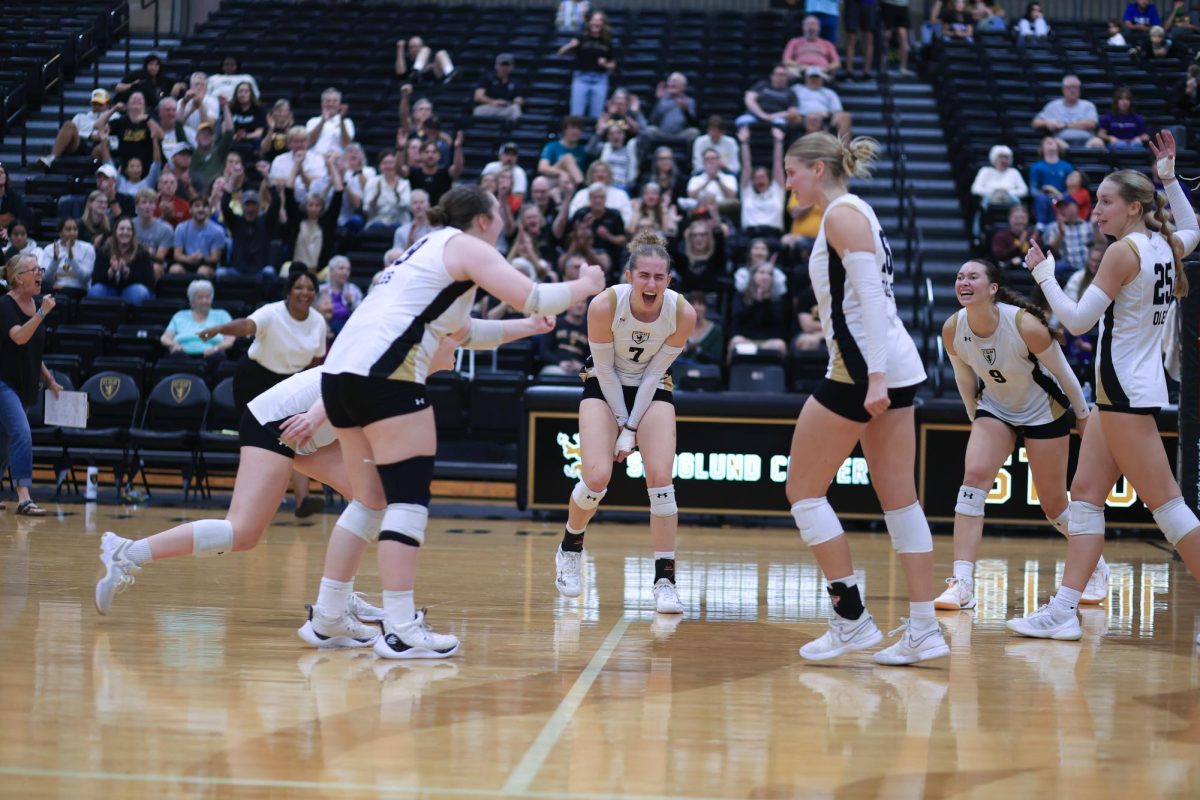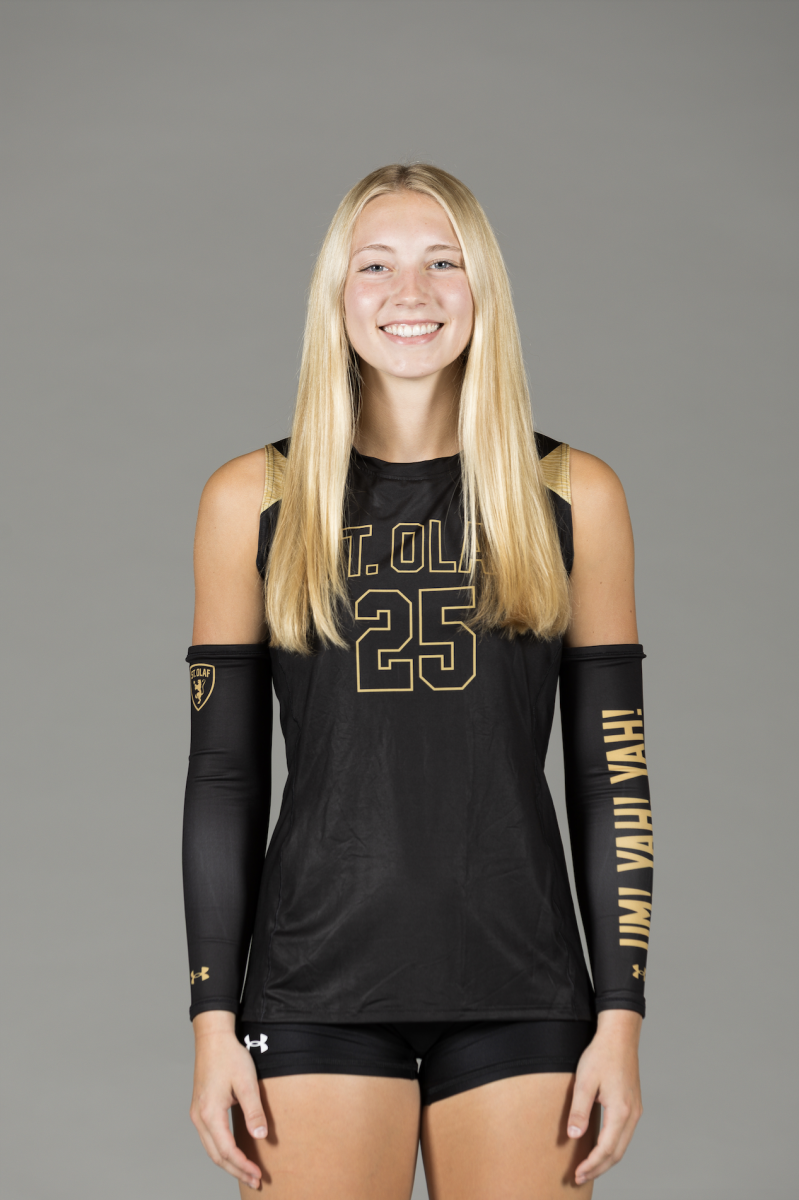President Trump has a questionable history of engaging professional athletic organizations in Twitter duels and condemning actions of athletes, the most recent being his criticism of the Los Angeles Dodgers manager Dave Roberts and his decision to remove pitcher Rich Hill from the fourth game of the World Series on Oct. 27.
“It is amazing how a manager takes out a pitcher who is loose & dominating through almost 7 innings, Rich Hill of Dodgers, and brings in nervous reliever(s) who get shellacked. 4 run lead gone. Managers do it all the time, big mistake!” Trump tweeted.
Trump blamed their loss to the Boston Red Sox entirely on Roberts. Roberts, surprised that the president took to Twitter to criticize his decision, mentioning that he was happy the president watched the game but also said “I don’t think he is privy to the conversation. That’s one man’s opinion.”
President Trump’s involvement in sports is nothing new. In August 2016, San Francisco 49ers quarterback Colin Kaepernick refused to stand during the National Anthem, beginning a nationwide protest against racial oppression in the United States.
“I am not going to stand up to show pride in a flag for a country that oppresses black people and people of color,” Kaepernick said to reporters.
In September 2017, Trump disparaged the protests during a speech in Alabama, saying “Wouldn’t you love to see one of these NFL owners, when somebody disrespects our flag, to say, ‘Get that son of a bitch off the field right now. Out! He’s fired. He’s fired!’”
In an interview with Fox in May 2018, the president said “You have to stand proudly for the national anthem [or] you shouldn’t be playing, you shouldn’t be there. Maybe they shouldn’t be in the country.”
Through his comments and attacks against the protesters, Trump has casted off the issues of racial injustice that the protests meant to address and instead framed them as an attack on patriotism, polarizing the country.
Trump’s actions toward sports teams and players blur the lines between sports and politics. Accepting an invitation to the White House is proving to be a precarious political decision, and some teams are finding their invitations rescinded, or they simply never arrive.
The 2017 NBA Champions, the Golden State Warriors, were invited to the White House, but their invitation was rescinded after Stephen Curry stated he would not attend a ceremony hosted by Trump.
“Going to the White House is considered a great honor for a championship team,” Trump said in response. “Stephen Curry is hesitating, therefore invitation is withdrawn!”
When only 10 players of the Philadelphia Eagles, 2018 Super Bowl Champions, planned to attend the White House, Trump also called off the visit. White House Press Secretary Sarah Huckabee Sanders accused the team of pulling a political stunt by only sending a few team members.
There have also been concerns that the current White House is less inclined to invite women’s teams. While the 2017 NBA champions were invited, the 2017 WNBA Champions, the Minnesota Lynx, were never offered an invitation. The Minnesota Lynx had previously visited the White house after winning the championship in 2011, 2013 and 2015.
As the president and representative of the entire country, it is not Trump’s place to ostracize individuals for decisions made during the heat of the moment or condemn their expressions of free speech on the football field. As the leader of the United States, it is Trump’s duty to conduct himself in a just and professional manner, without the aid of Twitter wars and angry attacks against athletes, teams and coaches.



